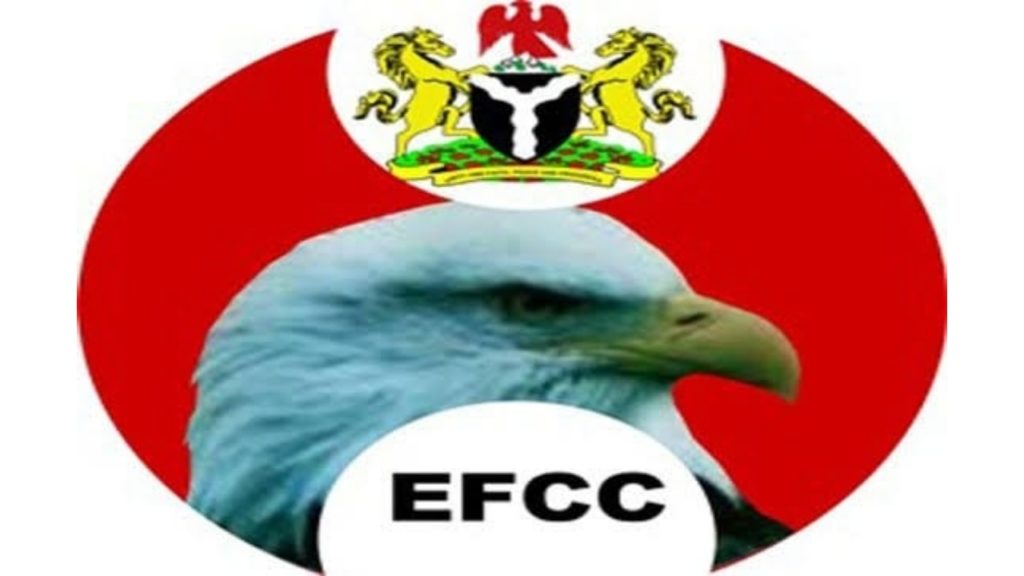The Economic and Financial Crimes Commission (EFCC) has condemned the 2019 Corruption Perception Index, CPI recently released by Transparency International (TI) which ranked Nigeria 146 out of 180 countries.
EFCC in a statement faulted the poor rating as baseless and described as appalling, the ‘bogus and ambiguous’ criteria used by TI to arrive at what the agency described as a ‘jaundiced and illogical rating’.
The index ranks 180 countries and territories by their perceived levels of public sector corruption in the opinion of experts and business people, using a scale of 0 to 100, where zero means “highly corrupt” and 100 means very clean.
The report released on Thursday said Nigeria scored 26 out of 100 points, dropping from the 27 points that it has maintained since 2017. In the 2018 index, Nigeria rose by four places from 148 to 144.
In the report, Nigeria also ranked the fourth most corrupt country out of the 19 countries in the West African region.
The report has however being discredited by the Nigerian government. Supporting government’s stance, the EFCC said Nigeria deserves a better place in the global corruption index.
“We insist that the rating is a far cry from the evident strides and achievements so far accomplished by the anti-graft agency in the fight against corruption, particularly under the administration of President Muhammadu Buhari,” EFCC said.
The anti-graft agency said the claim that Nigeria is the fourth most corrupt country in West Africa is totally unacceptable.
EFCC argued that the report “is evidently not supported by any empirical data, especially when placed side-by-side with the remarkable achievements of the Commission in the past years.”
“Moreover, it is quite ironic that the report by TI posits that the index does not show real incidences of corruption, yet it claims that the report is a reliable indication of the perception of Nigerians and the international community about the state of corruption in the country,” EFCC said.
